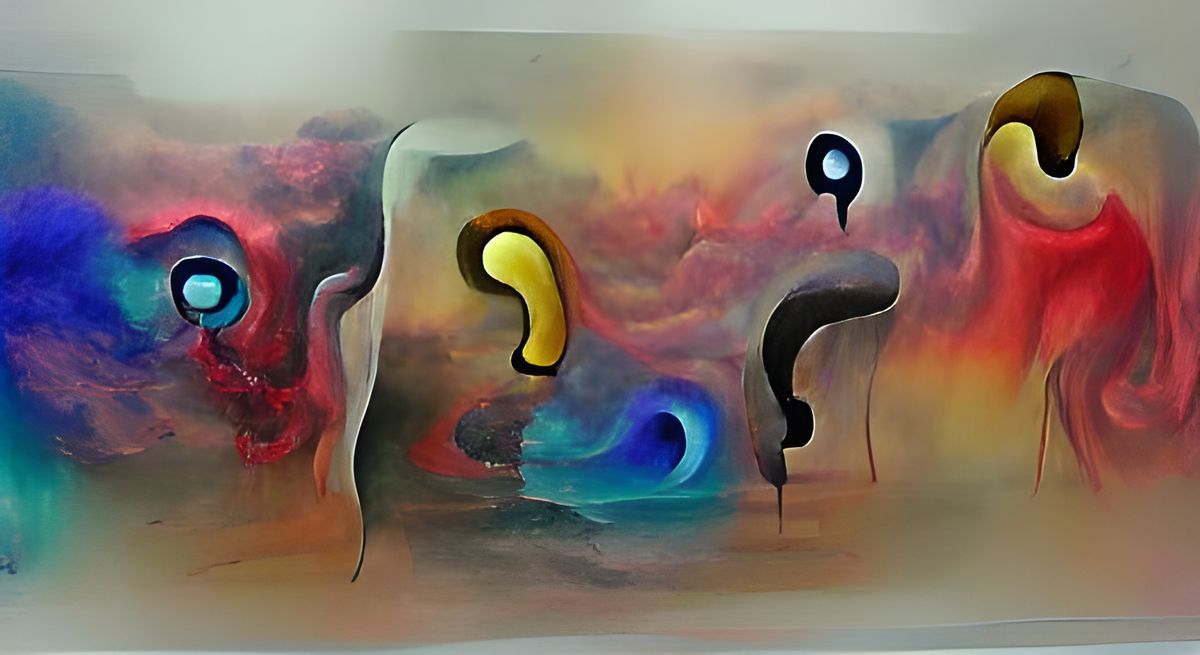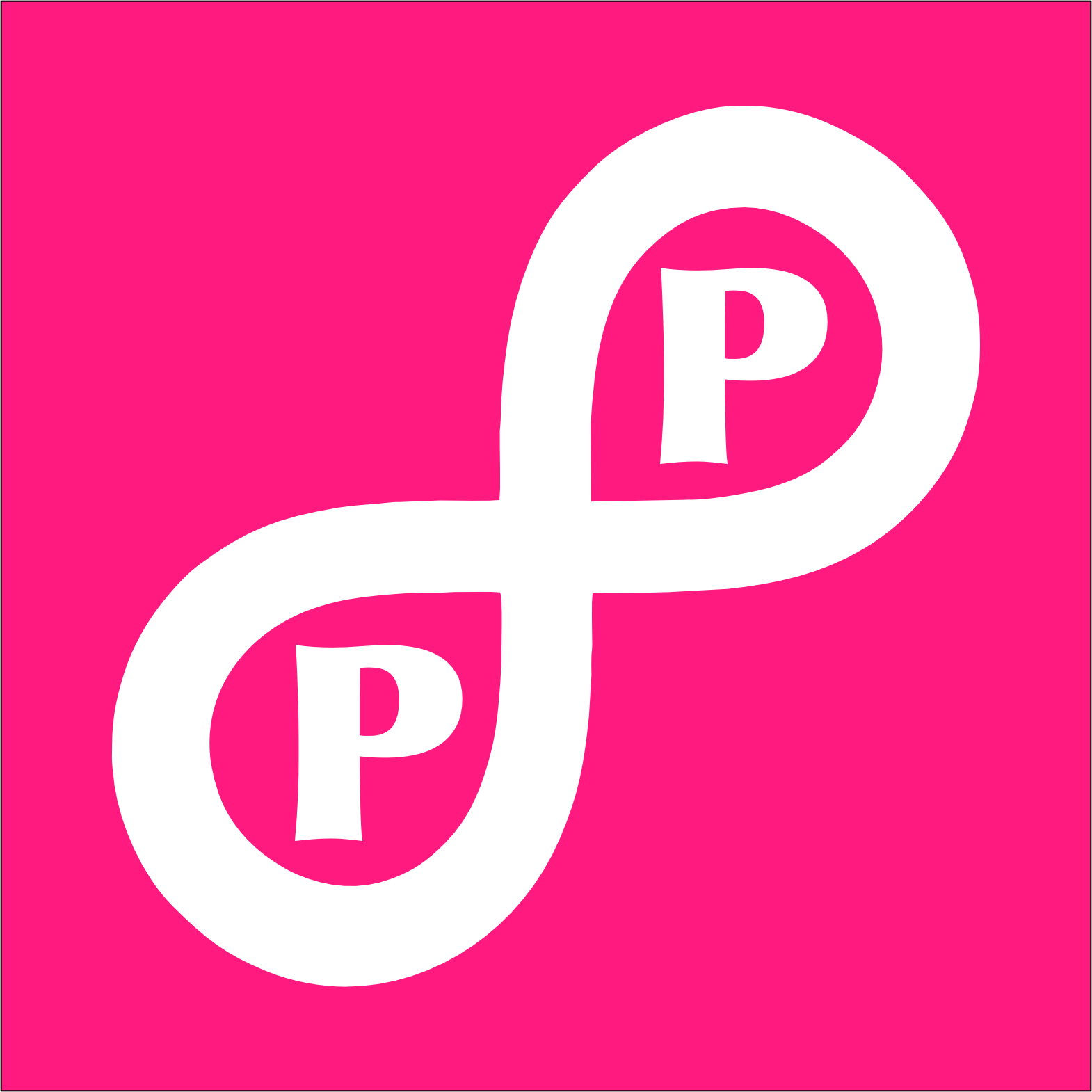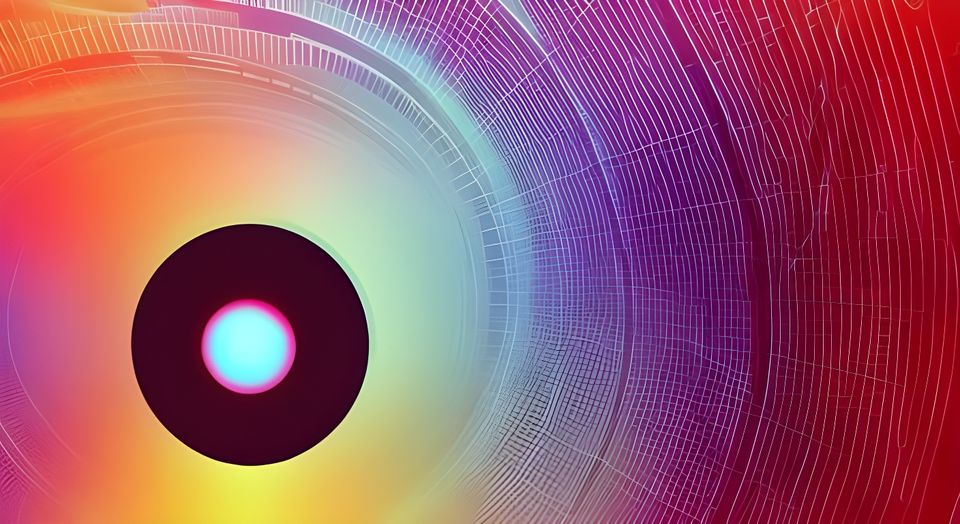Knowing & Not-Knowing (Paradox Pair #38)
Inexperience is the catalyst that allows our brains to explore and create.

It's hard to provide an accurate estimate for work we've never done before. We can be more precise when we can draw from our experiences, latching on to something similar enough to have confidence in our predictions. When we want to repeat a task, we have high expectations that we know how to perform it and how long it should take to complete. In this manner, estimation moves toward calculation.
On the other hand, when we are asked to imagine something new, inexperience is the catalyst that allows our brains to explore and create. It is why we seek as much diversity in thought and practice as possible, to counter group-think and the trappings of familiarity.
"Without the scanning process engendered by not-knowing, without the possibility of having the mind move in unanticipated directions, there would be no invention" -Donald Barthelme wrote in his essay Not Knowing in 1987.
It is in the unknown where a discovery is made. Driven by our curiosity, we seek answers, we follow our curiosity, we ask "What if?" When we achieve a breakthrough we add this new revelation to our knowledge graph, improving any future estimation for a similar task. In this way, we can strike a balance between applying what we know and taking comfort in exploring what we don't.
See the whole series by using the Paradox Pairs Index




